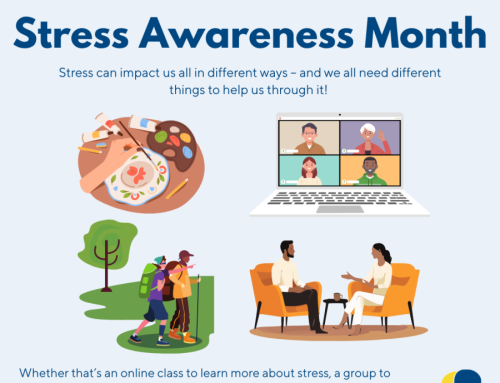Old approach
I don’t know about you, but where I went to school there was very little taught about Black History other than slavery. Forgive me, but as a black female born to parents from the Caribbean, I know I am a descendant from slaves. The world does not let us forget. Those black history lessons were painful and uncomfortable to sit through, my only consolation was seeing 2 other black faces in the room looking as uncomfortable as I felt.
What those lessons taught me was that my black history is linked to pain, pain that I quickly learnt to block out, through the avoidance of any more Black History (I’m ashamed to say). Now, as a Cognitive Behavioural Therapist I know that avoidance only prolongs suffering and reinforces unhelpful thoughts and behaviours, but as a human being I don’t like experiencing unpleasant feelings any more than the next person. So hear lies the dilemma.
New approach
Fortunately, there is always an alternative perspective and different ideas to try out. History is in the past but for me is also in the present. What we do today, becomes history tomorrow. So everyday, we have an opportunity to contribute positively to the world and our history. Last year I asked myself, ‘what will my positive contribution be within the IAPT service and the mental health field?’. I don’t have all the answers yet but decided to start somewhere.
My experience at work – In summary
9 years ago I secured my first ever paid employment as a therapist. At the time, this was a massive achievement for me and was self affirming on many levels. Despite this elation the first 4-5 years felt a bit strange. I was employed by a service that had a BME specialism but I was the only non-white CBT therapist in Touchstone and across the entire consortium. This is not to take anything away from my white colleagues but I often felt alone and wondered ‘what’s this about?’ At the time I didn’t realise I could help the service to answer that question.
We gained 2 more BME therapists through years 5-8 but 3 out of approximately 47 CBT therapists in an ethnically diverse city like Leeds was worse than the ratio at my class in secondary school. Then last October 2017 the Race Audit was revealed nationally showing ethnic disparity across many sectors including employment. With support from my manager and Touchstone SMT, I got a little braver and took the matter to the IAPT Open Managers Meeting. At last diversity within our workforce was on the agenda! Following this, the IAPT board requested I lead a task group to identify the barriers and solutions to make our workforce more representative of the communities we treat. We completed the task last May, and followed it up with a report evidencing our findings and outlining recommendations for improvements (E.g. Unconscious bias training, reviewing recruitment processes; mentoring; monitoring staff ethnicity and all aspects of diversity and inclusion.)
What I’ve noticed since last October is interesting. Just before the end of last year the first BME manager was appointed within Leeds IAPT, and in May this year 3 more BME therapists have been employed by one of our partners. The recommendations from the report have not yet been implemented but by opening up a conversation, change has already started to come about. I’m hoping my ‘personal’ black history can be redefined by my actions and, that part of my legacy as a Black British citizen is to make positive contributions to improving societal systems, so that they are less structurally discriminatory.





